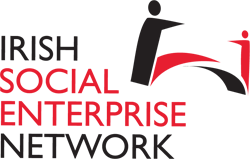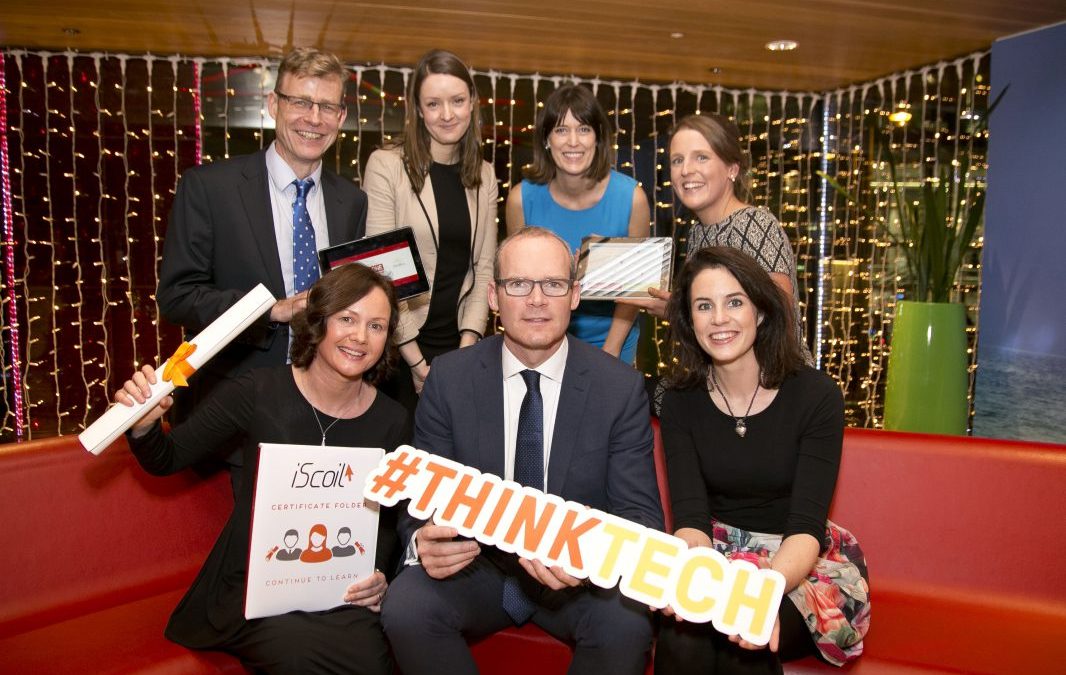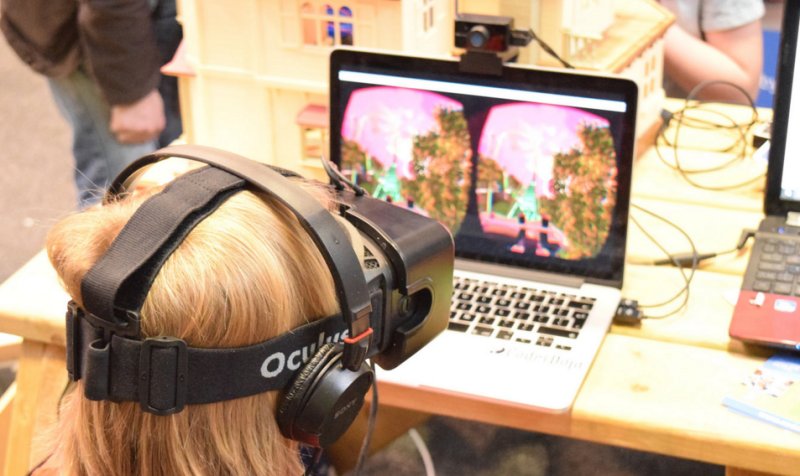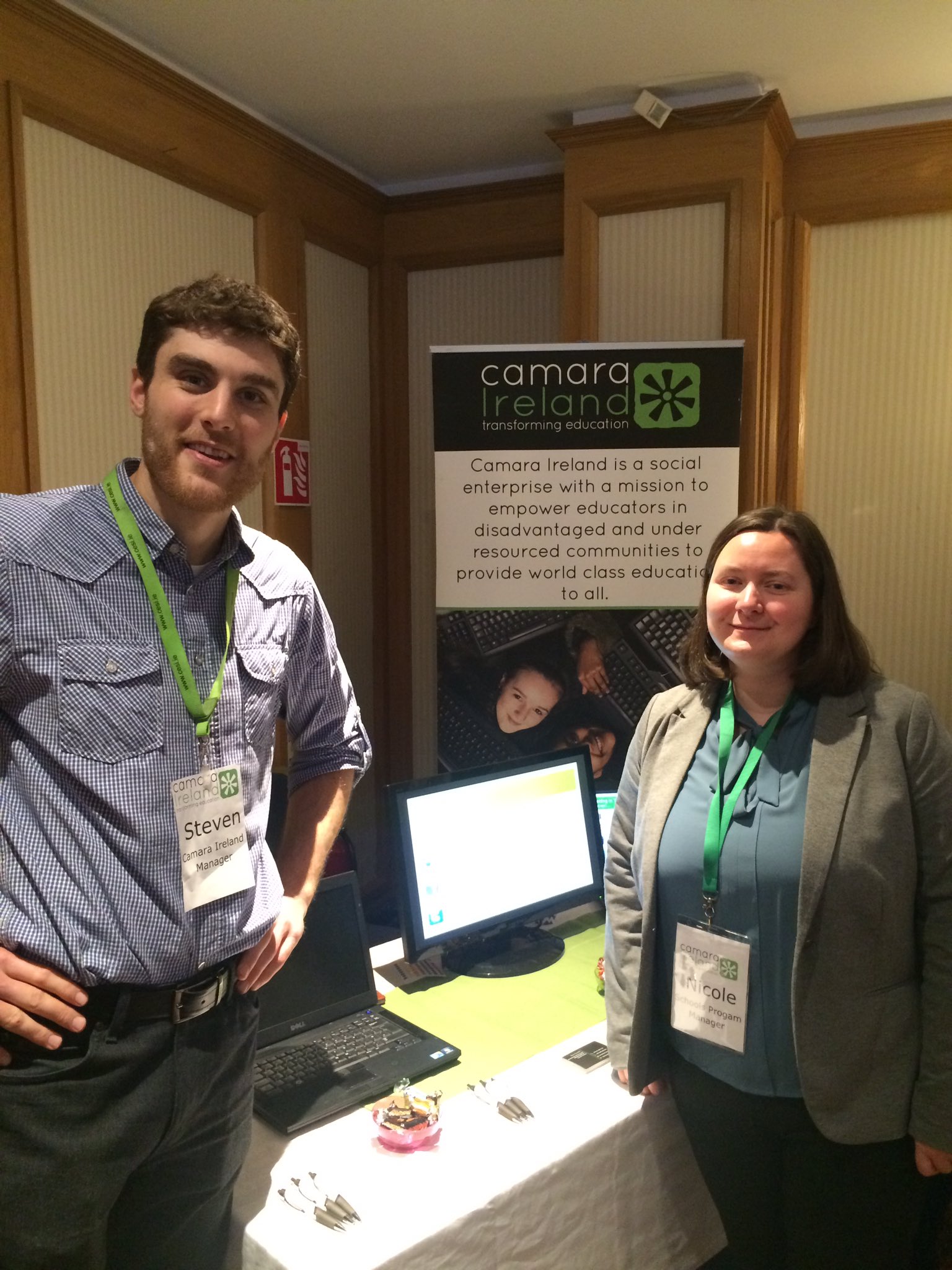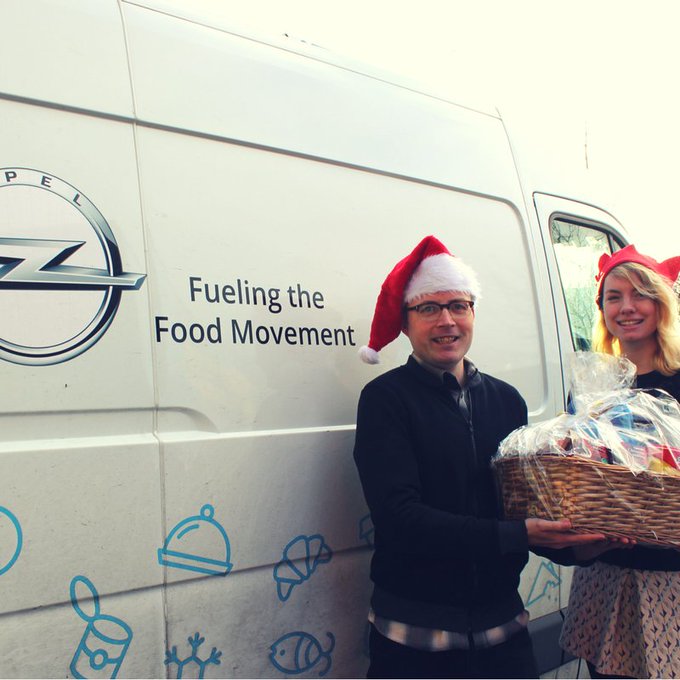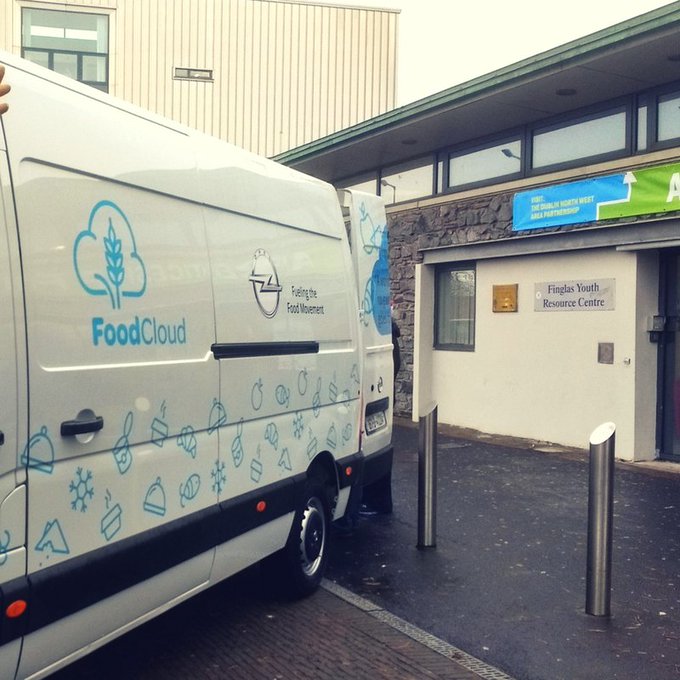The following is content from the Dublin Globe that can be found in it’s original post at: http://www.dublinglobe.com/ecosystem/big-reads/irish-social-entrepreneurs-doing-good-by-doing-well
Walking down Reuben Street in Dublin 8, you can’t miss the 11-meter tall geodesic dome amidst rows of brick buildings.
In what was once an empty eyesore, Niall O’Brien and his friends launched their pilot Grow Dome. Inside, lettuce heads grow hydroponically. When they build the second Grow Dome, they plan to start selling a thousand heads of lettuce a week.
It is part of a growing wave of capitalism: social enterprise.
There are hundreds of social entrepreneurs in Ireland, offering a business model that’s somewhere between a typical for-profit company and a charity. That grey area allows them sometimes to do more good for society. Irish social entrepreneurs push on, innovating better ways to do good.
Social enterprises, simply put, are businesses that make money from selling goods and services, but they also have a declared social mission. The spirit of entrepreneurship encourages innovation to help even more people.
In Ireland? Awesome opportunity for youths to showcase their tech project at @BTYSTE this Jan! 1 WEEK LEFT TO APPLY: https://goo.gl/Z8aX10
Chris Gordon with the Irish Social Enterprise Network gave an example of Pace Social Enterprises which sells planter boxes. They hire people recently released from prison because that job could help break the cycle of re-offending. The revenue from sales with support from the Probation Service, helps fund the operation and other initiatives aiding the ex-offenders.
In the case of the Grow Dome, O’Brien says they hired young men in the neighbourhood teaching them new skills. They welcome children from community and daycare centres to learn about gardening and create art. They also pioneered ways to grow the same amount of lettuce with 0.1% of the electricity usually needed for hydroponic systems. Operating off the grid, the Grow Dome team innovates.
O’Brien and co-founder Ivan Rynn say they want to create a sustainable community garden, both environmentally and financially. Money that comes in will fund one full-time position per dome and a few part-time ones. Often, community gardens depend on volunteers, so the entire project could collapse if one key person leaves.
Steven Daly with Camara Ireland says sustainability is one of the advantages social enterprises have over charities. His group refurbishes and sells donated computer equipment to schools in Ireland and around the world.
Speaking at the Dublin Startup Commissioners’s First Friday Brekkie, Daly pointed out he can count on a certain amount of money per year. They don’t charge schools a lot, but it keeps the operation going.
“As a social enterprise, I think we can make more of an impact than we can as a traditional charity,” says Daly.
.@CamaraIreland stand @EducateTogether #EthicalEd2016 conference – welcome!
Daly says selling the computers and services to schools also creates a customer/supplier relationship. The schools are more likely to value the equipment because they put money on the line for it. They will also expect good customer service. If promises aren’t kept or something doesn’t work, Daly jokes he would get a phone call.
There are a large number of award-winning social enterprises from Ireland. House of Akinamakes fashionable bow ties and accessories with profits supporting migrant women through education and employment. ReCreate operates a membership-based warehouse full of surplus materials from companies that can be used for art projects. Families or even schools can take whatever they want from the not-for-profit warehouse, saving them money on supplies. The charity WALK operates several social enterprises including The Green Kitchen, a cafe that hires people with disabilities.
What’s really remarkable is how social enterprises mix so well with technology companies and entrepreneurs. SOUP Dublin is a social enterprise that runs events where four people have four minutes each to pitch their ideas. The audience eats soup and votes for their favourite pitch. CoderDojo launched a volunteer-led network of clubs teaching children about computer languages. Startups like MobilityMojo are trying to fill a gap in the market for disabled travellers. Using user-generated information about accessible hotels, restaurants, and attractions gives people the confidence to travel. Co-founder Noelle Daily says that other companies overlooked accessibility, so there isn’t much data out there.
Then there are the ones who approached global problems head on. Frontend, a Dublin-based User Experience and Interface Design consultancy, teamed up with the International Organization for Migration to find ways technology could help migrants. Working with masters level design students at Trinity College, the University of Limerick, IT Carlow and the National College of Art & Design, Frontend helped IOM to conceptualise a Future Vision for Migrant Healthcare. From better medication labels to electronic health records, the project could have a real impact on the ground.
Several groups including Social Entrepreneurs Ireland and the Social Innovation Fundprovide mentoring and grants to social entrepreneurs. Social Innovation Fund’s ThinkTech Award recently honoured FoodCloud. The non-profit social enterprise started with an app to let grocery store managers alert nearby charities when they had excess food that would go to waste. With their latest endeavour, FoodCloud Hubs, they collect large amounts of surplus food directly from farmers and manufacturers in Dublin, Cork, and Galway. Then they distribute the food to charities. Those hubs have provided the equivalent of 2.5 million meals to date.
FoodCloud Hub’s CEO Aoibheann O’Brien says the charities and retailers pay fees to cover the operation costs, but the social enterprise needs outside investment to grow. Next year, they will reach out to funders. Like most startups, raising funds is hard. However, unlike startups, FoodCloud can’t sell shares for the capital.
“It’s all about what you can do, not what you can’t..” Check out this #positive article on wheelchair ice skating! http://ow.ly/FuKG306Y0Yd
She says, “our investor profile is looking for an environmental and social return on investment.”
Darren Ryan with Social Entrepreneurs Ireland says finding investors is always difficult but especially for social entrepreneurs. Since they are neither a traditional business nor a traditional charity, many don’t understand social enterprises.
There is technically no such thing as a “social enterprise” in Irish law, which makes fostering a social enterprise culture difficult. That could change next year. The Government said this month it plans to develop a national social enterprise policy in 2017. That could help entrepreneurs tap into a billion euro fund set up by the European Union.
“I think there is a massive momentum behind this space,” says Darren Ryan.
Delivering a tasty hamper with #surplus goodies to Finglas Youth Resource Centre thanks to our transport partner @OpelIreland
Ryan says Social Entrepreneurs Ireland will continue to support the innovators. In February, they’ll take applications for their program that provides training, support, and potential access to money.
As for the giant hydroponic dome in Dublin 8, the supplies are ready for the second Grow Dome. Niall O’Brien says they redesigned the plan with sturdier materials and new technologies. They plan to start selling lettuce from Dublin City University in 2017.
*Picture Colm Mahady / Fennells – Copyright© Fennell Photography 2016

